Burger-flipping robots are taking over fast food—it’s about time, if you ask me. Los Gatos BurgerBots is serving up a greasy future where humans are more of a garnish than the main course. Robots are whipping up burgers with precision, consistency, and frankly, a little too much accuracy. I mean, who needs that much uniformity in their fast food?
The real question is, what does this mean for the humans getting replaced? On one hand, automation is going to make the industry more efficient, reduce labor costs, and possibly even improve food safety. On the other, it’s another nail in the coffin for low-skilled jobs; it’s like we’re systematically pruning the human element from our daily interactions. Think about it: in a few years, your local fast food joint might just be a kiosk with a robot and a couple of guys to restock the fries.
Let’s take a step back—we’ve been here before, kinda. The Industrial Revolution automated farming and manufacturing, and while it’s arguable that it created new jobs, it’s also undeniable that it displaced a ton of people. So, what’s the difference this time? The pace is faster, the tech is more invasive, and it’s not just manual labor getting the boot—we’re talking about cognitive tasks too.
Here’s the “so what?”—this isn’t just about burgers; it’s about the broader implications of automation on our daily routines. As AI and robotics continue to advance, we’ll see more industries getting disrupted. The ripple effect will be felt across the job market, education, and even our social safety nets. We need to start thinking about what kind of world we’re building here—one where humans are redundant, or one where we adapt and find new roles?
What if we used this as an opportunity to rethink our relationship with work and technology? Instead of just replacing humans with robots, what if we designed systems that complement our abilities? It’s a question of values—do we prioritize efficiency and profit, or do we value the human touch? As we hurtle towards a future with more automation, let’s not forget to ask ourselves: what’s the point of all this tech if we’re just going to end up with a bunch of humans standing around, waiting to be served by robots?

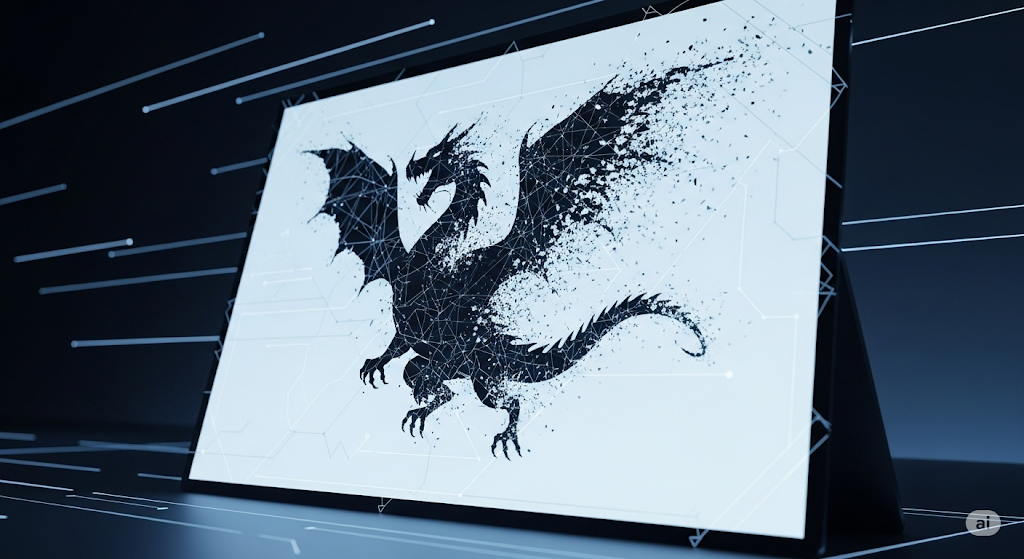
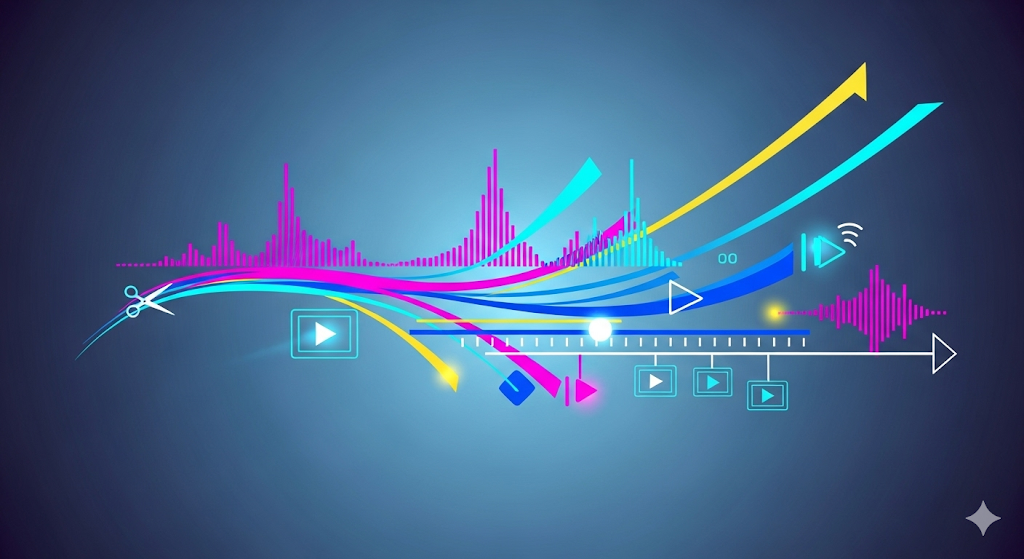
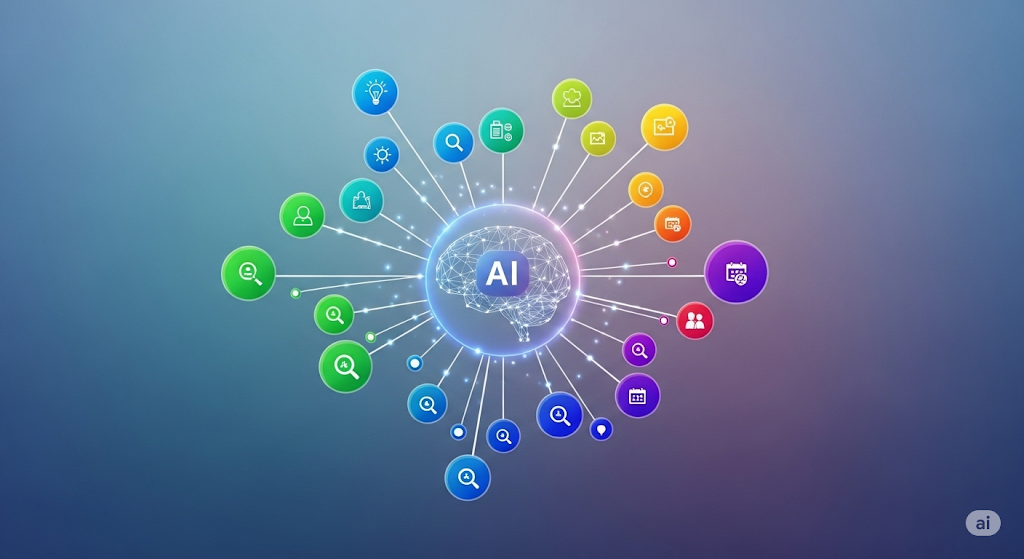
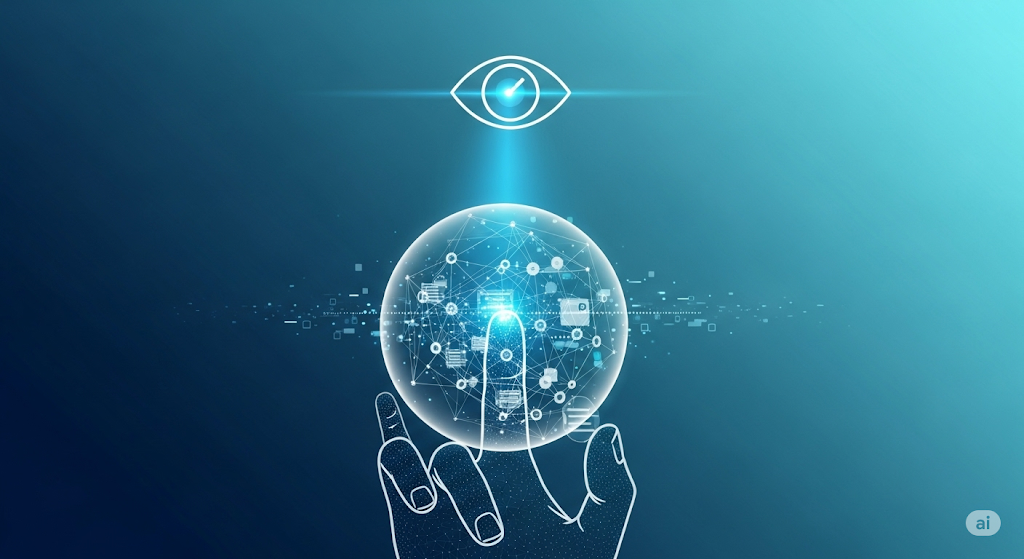
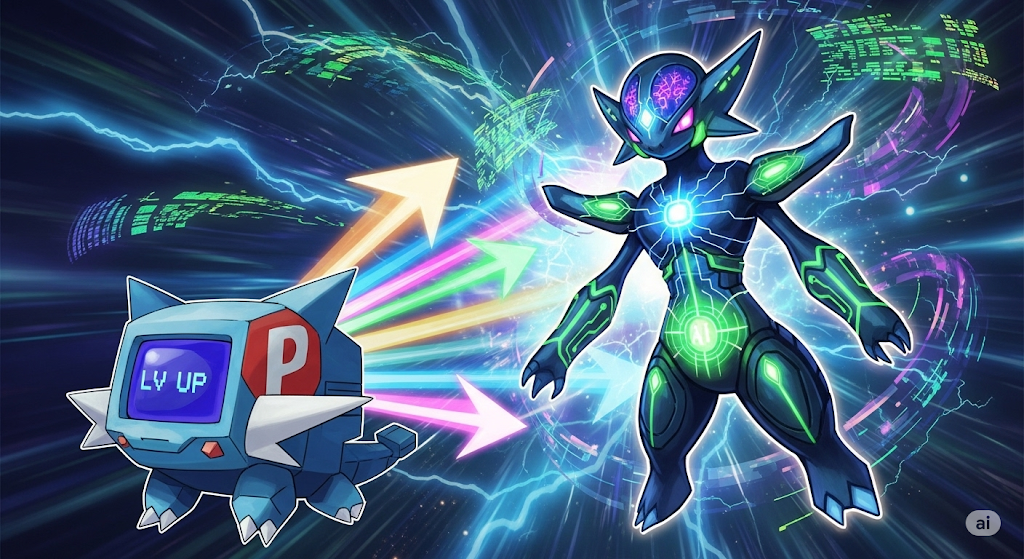
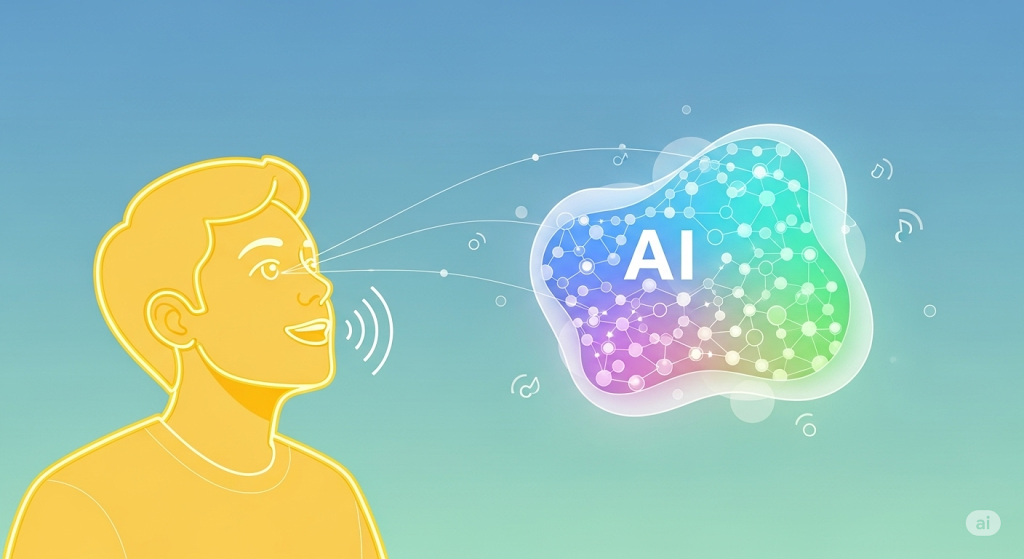
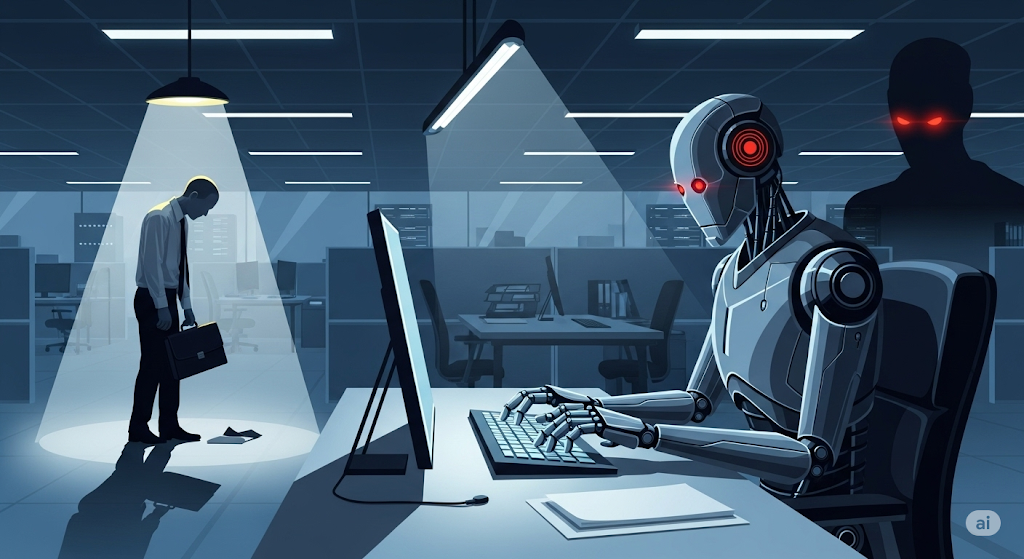



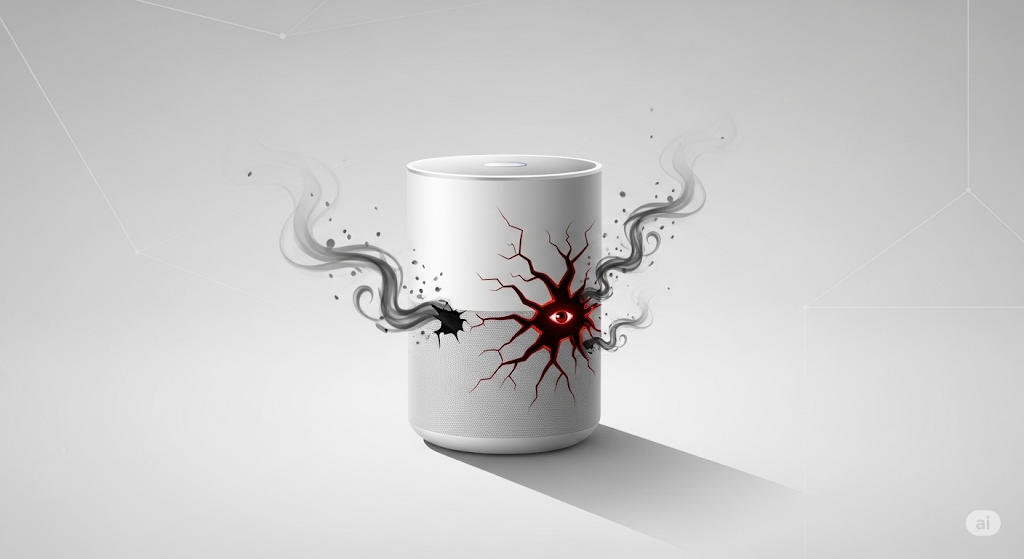
Leave a Reply